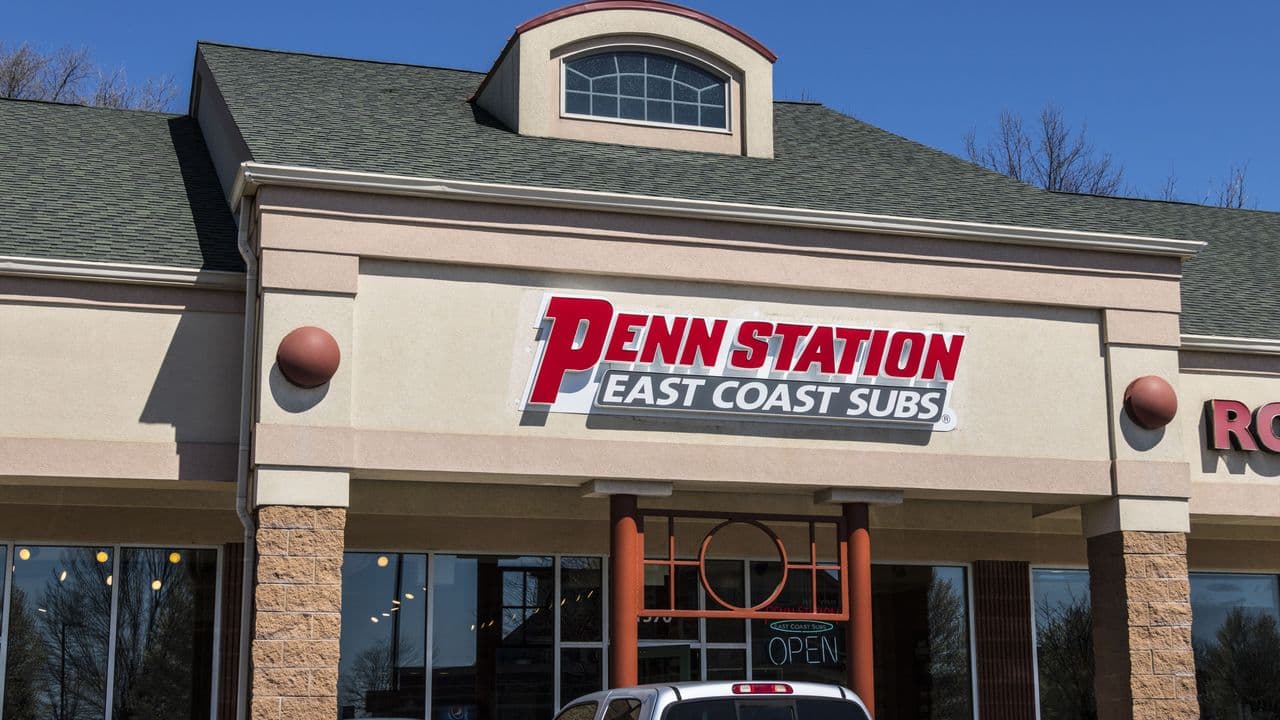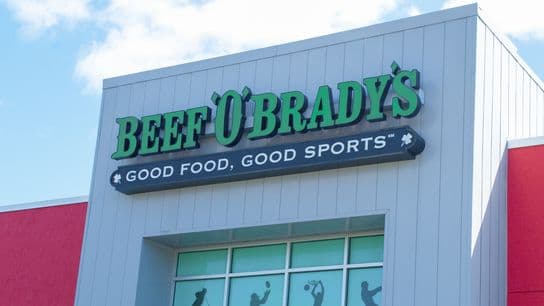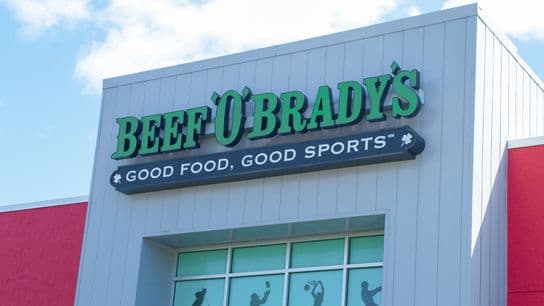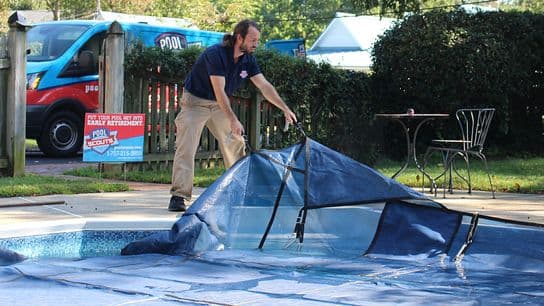Why Penn Station’s Age Is One of Its Biggest Assets
For more than 30 years, the franchise brand has refined a rock-solid operational model.
There are numerous validation points a prospective franchisee should evaluate when researching franchise brands. Discovery days let candidates meet the corporate team and get a feel for the culture, Franchise Disclosure Documents outline a brand’s financial information, and existing franchisees can offer first-hand insight into the day-to-day operations. But one of the most important points of validation for any franchise brand can be found with a quick Google search. The age of a franchise speaks volumes about its viability. A franchise brand that has been in existence for a long time has proven that it is durable to changing economic climates and consumer trends. A newer brand may claim to corner a new trend or offer eye-popping financial projections, but can prove little else without longevity.
Grilled-sub franchise Penn Station East Coast Subs has been carefully expanding from its home town of Cincinnati for more than 30 years. Each year, it attracts more prospective franchisees in newer markets, and according to Greg Goddard, Penn Station’s Director of Development, that growth is due in large part to the brand’s longevity.
“People see how long we’ve been around, and they know immediately that we’re doing something right,” he said. “We can demonstrate how strong our system is and we can show them how average sales, average profitability and many other metrics, but the proof is really in the pudding. This is a strong business. If it weren’t, it wouldn’t have made it half this far.”
Penn Station currently has more than 300 locations in markets across the Midwest and increasingly, those locations are owned by large, multi-unit franchisees. For career franchise investors, Penn Station is a safe bet when looking to add to or diversify a portfolio of brands. Its longevity and success in a range of markets prove it can be easily included in any multi-brand franchisee operation.
That doesn’t mean that Penn Station is an entirely hands-off operation — franchisees have a managing owner overseeing day-to-day operations at their stores — but it does allow multi-brand franchisees to count on a consistent performance from their Penn Station stores.
T.W. Wright is a multi-brand franchisee with four Penn Station locations in Kentucky and West Virginia. Of the four brands represented by his 11 franchise units, Wright says Penn Station is the most reliable.
“Of all of my restaurants, Penn Station is the most profitable,” he said. "It’s designed that way. The footprint is smaller than my other restaurants, the operations are simpler and the franchisor doesn’t nickel and dime you; they are very conservative and work hard to keep ROI up and monthly costs down.”
The operational model Wright described is one that Penn Station has been refining since it began franchising over three decades ago. “Our playbook is unbeatable,” Goddard said.
“The tough part about being a franchisee with a new brand is, no matter how exciting the product or service is, they are still working out the model,” he added. “You and your financial resources are often sort of a guinea pig as the brand figures out how to work for new owners and in new markets.”
Goddard says Penn Station is still constantly working on improving its model, making “our menu and service even better for customers and even more profitable for owners,” but it’s building on top of a proven foundation, rather than building the foundation itself.
“One of the great things about working for a brand that’s been around for so long, is we know what works, so when we are looking to improve some aspect of our system, we know exactly where to look and how to approach it,” he said. “There really is no substitute for decades of experience.”













